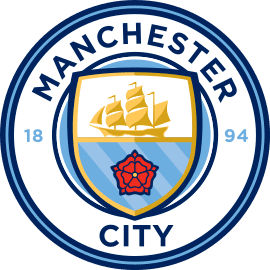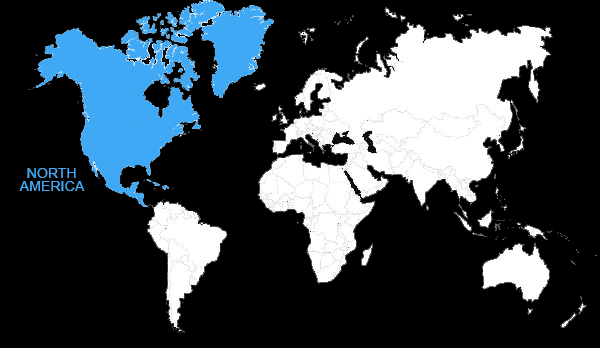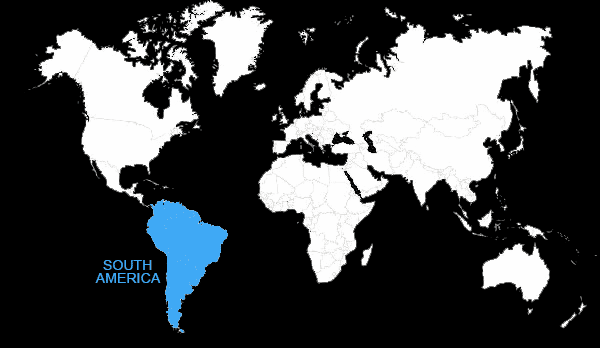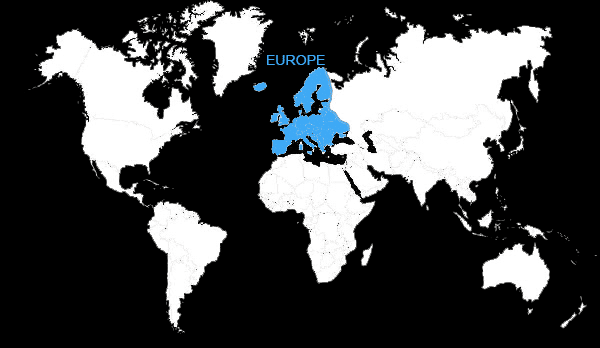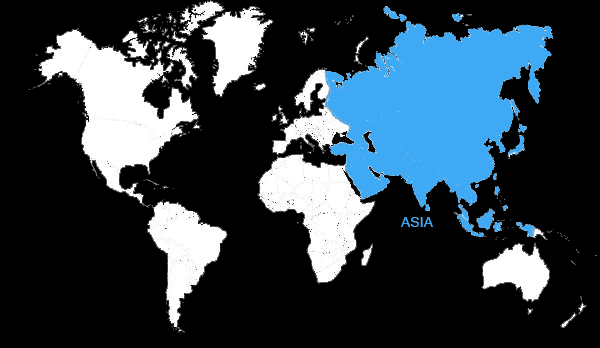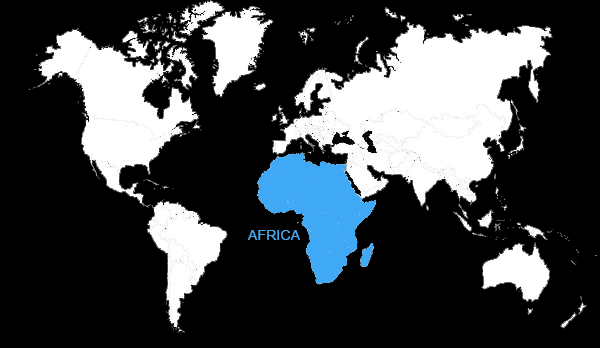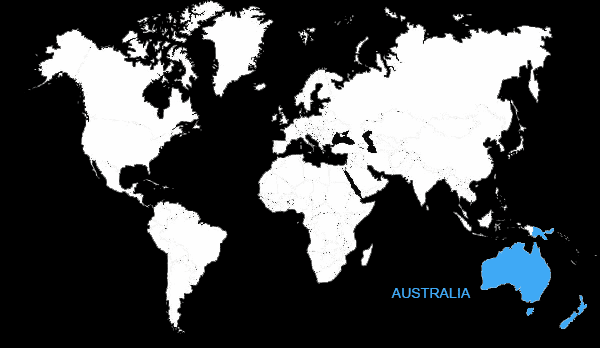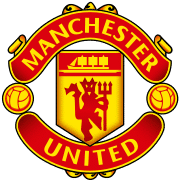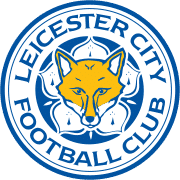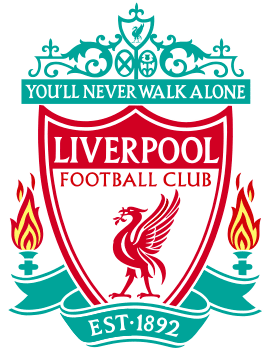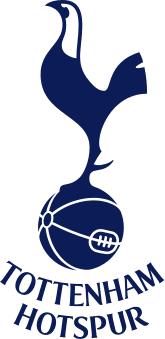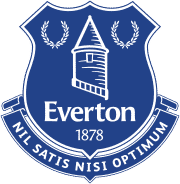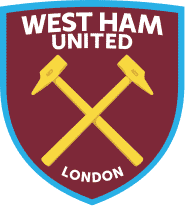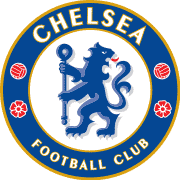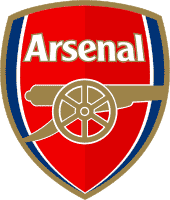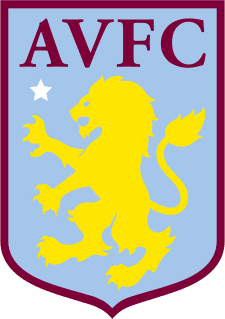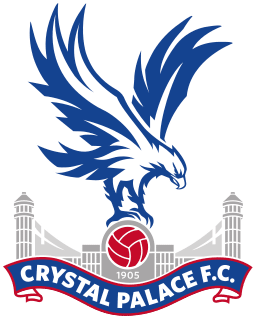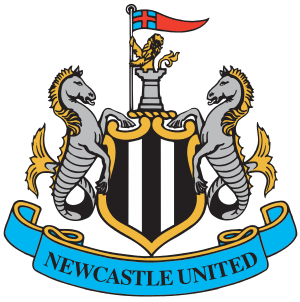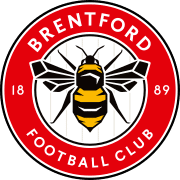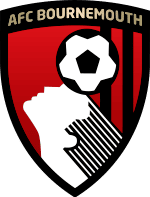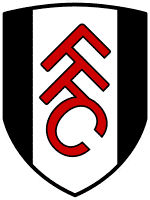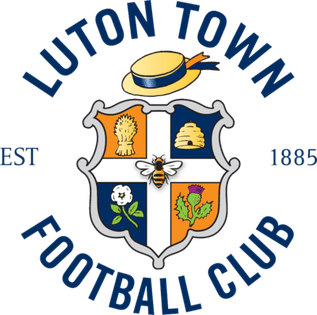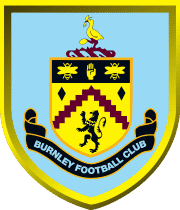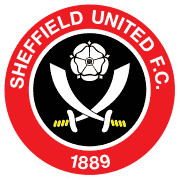Manchester City FC Tryouts & Club Guide: History, Stadium, Players, and More!

Welcome!
Discover the world of soccer with fcscout.com, your go-to scout for club tryout information, club guides, player profiles, in-depth product reviews, and more. We’re dedicated to exploring and revealing the best in each domain, empowering you with knowledge to make informed choices.
Thank you for being here!
Hi, I’m Carlos! A coach, sports enthusiast, and the founder of FCScout.com.
I fell in love with the game at a very young age like many of you. I’ve been following and playing soccer for many years.
Throughout my career, I always enjoyed helping soccer players chase their dreams, which is why I started this website. I wanted to reach a larger audience outside of my local area and fcscout.com was born.
This website is a platform I will be using to update club pages on any tryouts, stadiums, players, tech, and more from clubs around the world. I also create free recruitment profiles for players looking to have that extra competitive edge when reaching out to clubs.
That’s it. That’s my pitch for you to stick around (or browse the site as you please).
This is already too much text for a “see more” drop-down button thing. If you want to reach out to me, head on over to my contact page 🙂

Manchester City Football Club is an English football club based in Manchester, England. The club competes in the Premier League, the top flight of English football.
Manchester City FC Youth Development System
Manchester City FC Elite Development Squad
Manchester City is represented at Reserve level for football by the Elite Development Squad, also referred to as just the Elite Squad, or EDS, a predominantly ‘Under-23’ side that replaced the previous (more senior) Reserve team in a move to focus on youth development post-academy. The club is represented at the ‘Under-18’ level by the Manchester City Academy team.
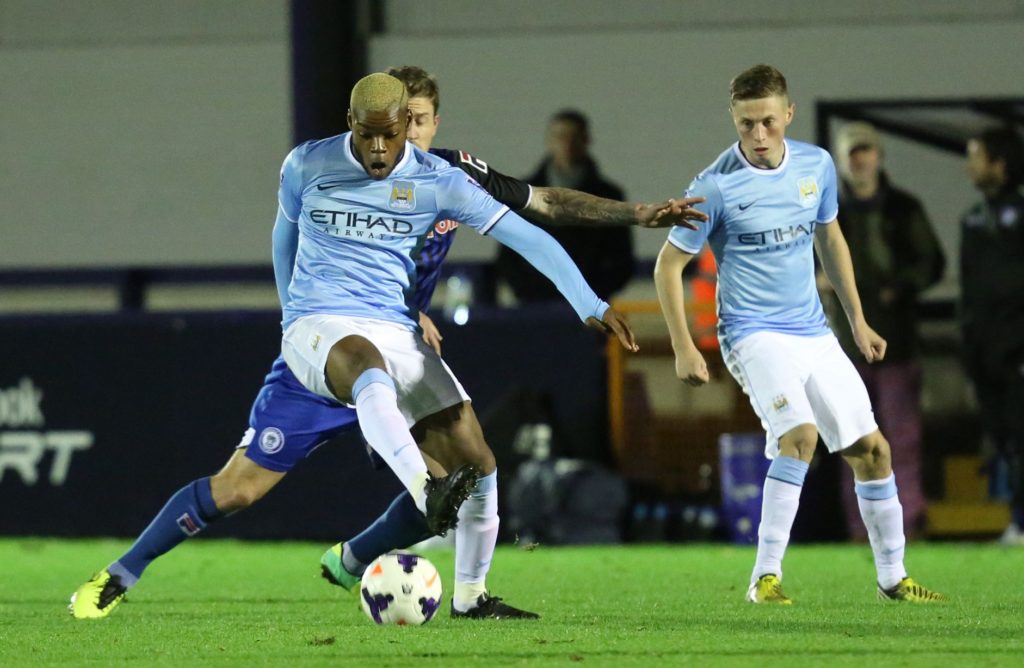
The Elite Development Squad from season 2012–13 plays in the Under 21 Premier League and previously played in the Premier Reserve League North. Starting with the 2011–12 season, the EDS competed in the NextGen Series competition, a Champions League format tournament only open to a select group of ‘Under-19’ teams located in western Europe. The NextGen Series organisers invited the 16 teams competing in the inaugural season of this new competition based on which clubs were considered to have the best academies in Europe. The EDS will continue to play fixtures in both the Manchester Senior Cup and Lancashire Senior Cup plus several other matches and tournaments such as the Central League Cup.
Manchester City have fielded a reserve team since 1892, when the reserves played in the Lancashire Combination. The reserves were champions of the Lancashire Combination in 1901–02. The club left the Lancashire Combination in 1911 to join the Central League upon its formation. The City reserve team then played in the Central League until 2000, winning it on three occasions in the 1977–78, 1986–87 and 1999–2000 seasons. In 2006 the club re-entered the Central League – now the Pontin’s League (West) – but this time in order to provide games for the ‘Under-17’ age group of players.
For the latest news on the EDS, please click here.
Manchester City FC Football Schools
City Football Schools provide authentic and creative football coaching programs for players of all ages and abilities utilising the coaching philosophy and methodology of Manchester City.
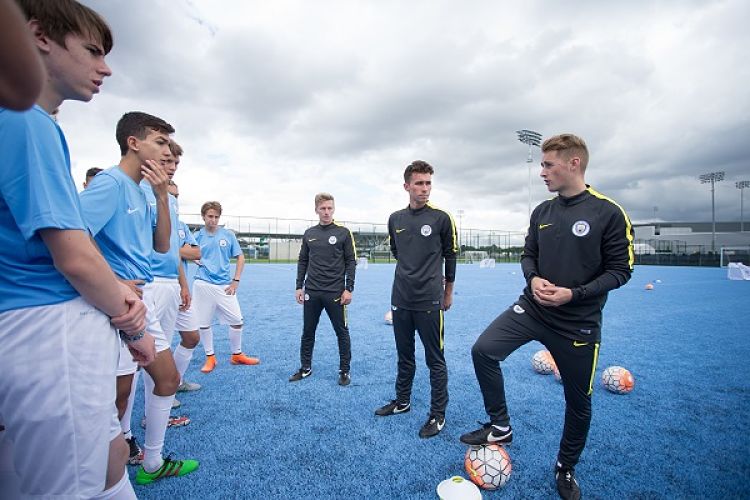
Through the creation of a player pathway program – the City Play model – City Football Schools look to support the development of all players, boys and girls, by helping them to improve their skills, become more confident and make new friends, all in a happy and safe environment.
Each of the four phases of the program encourages young players to build on what they have learned and to further their football education playing beautiful football.
- Play for Fun: Developed for players at the start of their football journey, sessions focus on the enjoyment of playing, gaining confidence in their own ability and inspiring a real passion for the game.
- Play to Learn: As players become more experienced, the focus changes towards developing players’ understanding of their role in a team and learning how City’s first team players compete at the highest level.
- Play to Progress: As individuals continue to grow in skill level and experience, players can then further develop their understanding of the game and how to make a difference in match situations.
- Play to Perform: Through practice and dedication, more experienced players are then able to showcase their talent and mature as football players, sharing their passion with friends, family and teammates along the way.
Who could you become? With a number of different programs in Manchester and beyond, the opportunities to train like a City player continue to grow and evolve.
Manchester City FC FOOTBALL SCHOOL, ABU DHABI & DUBAI
The year-round programs delivered by City Football Schools in Abu Dhabi and Dubai offer boys and girls – aged 3-16 years old – an opportunity to improve their skills, stay healthy and have lots of fun, under the guidance and supervision of full-time City Football coaches based in the UAE.
Player Pathway
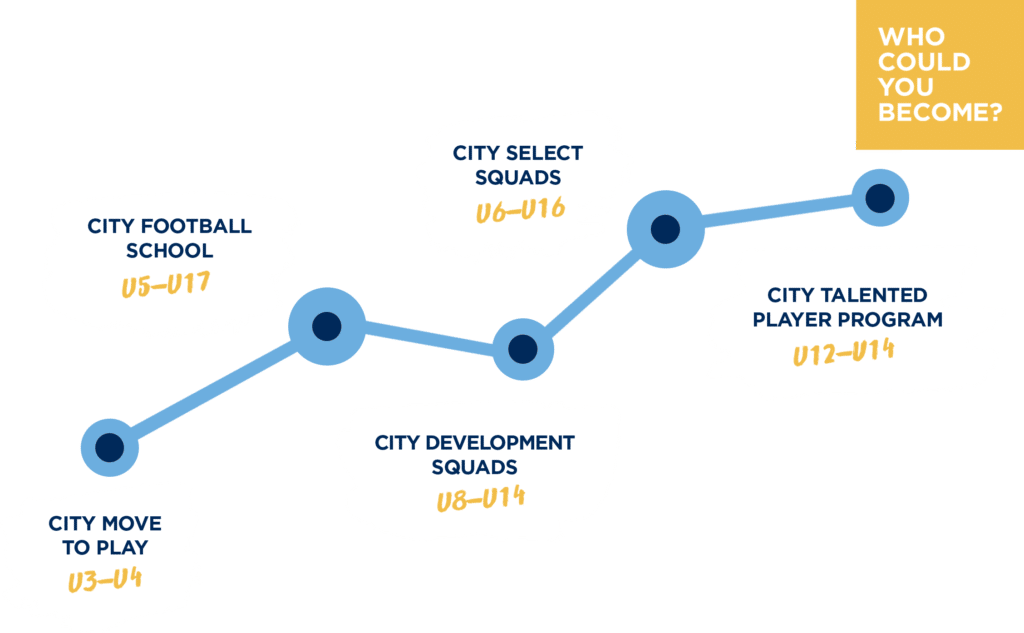
Manchester City FC TALENTED PLAYER PROGRAM
Do you have what it takes?
The Talented Player Programme is set to identify and develop talented players, growing their potential through advanced coaching and a competitive games program both locally and internationally.

This new initiative, supported by First Abu Dhabi Bank, will develop a clear aspirational pathway for our CFS players and also offer an opportunity for talented young players in the wider football community a chance to train following the City methodology.
If your child is male and aged between 11 and 14, then submit your details using this form for our City Coaches to contact you for a chance to join our free sessions. Good luck!
Click here to fill out an application.
To learn more about the program, please click here.
Manchester City FC Football Language Program
The City Football Language course is a fully immersive football and English Language program for 9-17 year olds, designed to give players an insight into the world of football.
Exciting training sessions and an innovative football language syllabus, all delivered at the City Football Academy in Manchester, make this accredited program a fantastic way to develop both football and English skills.
To learn more about this program, please click here.
Manchester City FC FOOTBALL DEVELOPMENT & PERFORMANCE
Learn to play Beautiful Football at the City Football Academy in the heart of the Etihad Campus. Train like a City player and take your game to the next level through practical sessions and workshops delivered by City Football coaches and specialists
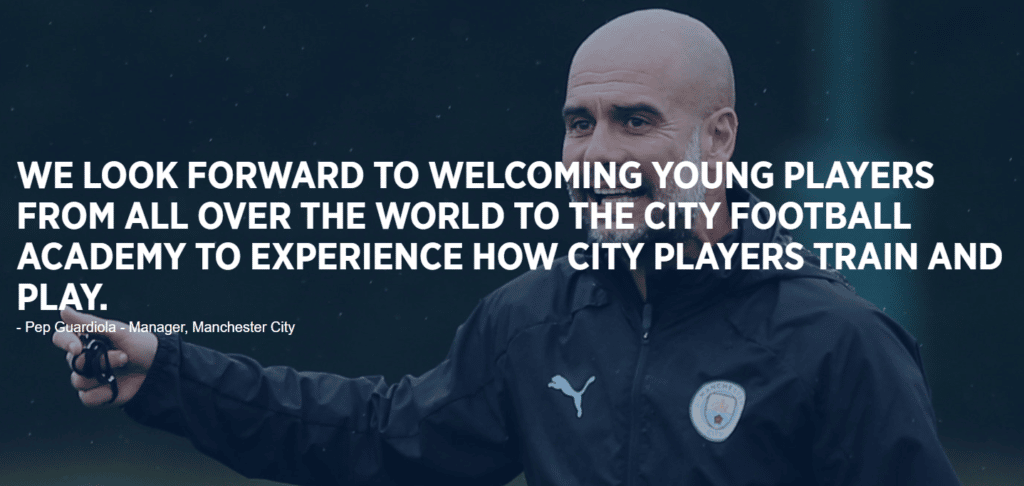
Development courses available for 9-13 year olds and Performance courses for 14-17 year olds.
To learn more about this program, please click here.
Manchester City FC FOOTBALL TRAINING EXPERIENCE
Teams and groups from all over the UK and abroad now have the opportunity to train at City Football Academy in Manchester throughout the year. Players will take part in engaging and innovative sessions, giving them an insight into how City’s teams train and play on a daily basis.
City Football Academy tours include:
- Use of training facilities at City Football Schools
- Scheduled high quality training sessions with CFS coaching staff
- Train in CFS training kit for all scheduled sessions
- Pre-arranged matches against similar standard local opposition
- Behind the Scenes tour of the Etihad Stadium
- Quality 3* and 4* Hotel Accommodation on a full board basis
- Dedicated Account Manager
- Optional excursions are available on request
- Transport can be provided on request
- Supervisory FREE places for all sports tour organizer
- Medals and certificates
To learn more about the Manchester City Football academy tours, please click here.
Manchester City Recruitment Trials
At the time of this writing, there is no official publishing’s on Manchester City trials. Please come back at a later date while we monitor this club or click here to visit their official news section.
EXPLORE MORE CLUBS!
Explore more professional clubs by continent.
Manchester City History
In 1899, City won the Second Division, which earned them promotion to the First Division, the highest level of competition in English football at the time. This victory marked the beginning of City’s illustrious history. They went on to win their first major honor on April 23, 1904, when they defeated Bolton Wanderers 1-0 at Crystal Palace to win the FA Cup. Despite coming in second place in the League that season, Manchester City was the first club in Manchester to win a major honor. They became the first club in Manchester to win a major honor when they won the FA Cup.
In the years that followed the club’s victory in the FA Cup, allegations of financial mismanagement plagued the organization. This culminated in the suspension of seventeen players in 1906, including captain Billy Meredith, who went on to play for Manchester United, which was located directly across town. In 1920, a fire at Hyde Road caused the main stand to be destroyed. Two years later, in 1923, the team relocated to their newly constructed stadium located on Maine Road in Moss Side.
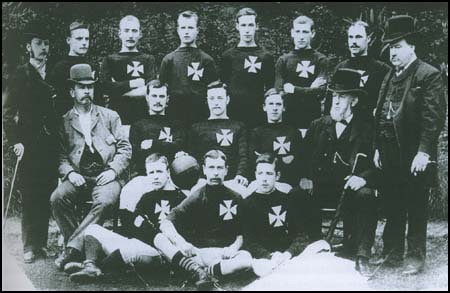
In the 1930s, Manchester City played in two consecutive FA Cup finals, the first of which they lost to Everton and the second of which they won by defeating Portsmouth and taking home the trophy. In 1934, Manchester City broke the record for the biggest home attendance of any club in the history of English football when 84,569 fans filled Maine Road for a sixth-round FA Cup fixture against Stoke City. This record lasted until 2016 and was set by Manchester City.
Despite having scored more goals than any other team in the division, the club was demoted the season after winning the First Division title for the first time in 1937. This occurred despite the fact that the club had scored more goals than any other team in the division. Twenty years later, in 1955 and 1956, a City team that was inspired by a tactical scheme known as the Revie Plan reached consecutive FA Cup finals again. Just as in the 1930s, they lost the first one to Newcastle United, but they won the second one. Bert Trautmann, the goalkeeper for Manchester City, continued to play in the 1956 final despite being unaware that he had broken his neck.
As a result, Manchester City prevailed over Birmingham City by a score of 3–1. After being demoted to the Second Division in 1963, things didn’t look promising going forward, and in January 1965, a record low home attendance of 8,015 was recorded during a match against Swindon Town. In the summer of 1965, Joe Mercer and Malcolm Allison were put in charge of the company as the new management team. Mike Summerbee and Colin Bell were crucial additions to the City squad during Mercer’s first year as manager, which was also the year the club won the title for the Second Division.
Two years later, in 1967–68, Manchester City won the League Championship for a second time. They clinched the title on the final day of the season with a win away at Newcastle United by a score of 4–3, which moved them ahead of their neighboring team, Manchester United, who finished in second place. The following trophies came next: In 1969, City won the FA Cup, and two years later, in 1970, they defeated Górnik Zabrze in Vienna to win the European Cup Winners’ Cup. This was City’s first taste of victory on the European stage. In that season, City was also victorious in the League Cup, making them the second English team ever to win a domestic title in addition to a European trophy in the same season.
The team continued to compete for trophies throughout the decade of the 1970s, twice coming in second place in the league, one point behind the champions, and advancing all the way to the championship game of the League Cup in 1974. Fans of Manchester City have a special place in their hearts for one of the games that took place during this time period: the finale of the 1973–1974 season, which was played against their fiercest rivals, Manchester United, who needed to win to have any chance of staying in the top flight of English soccer. Denis Law, a former player for United who is now playing for City, scored with a backheel to earn City a 1–0 win at Old Trafford and seal their opponents’ relegation. The final trophy of the club’s most successful period to date was won in 1976, when Newcastle United were defeated by the score of 2–1 in the League Cup final. This victory marked the end of the club’s most successful period to date.
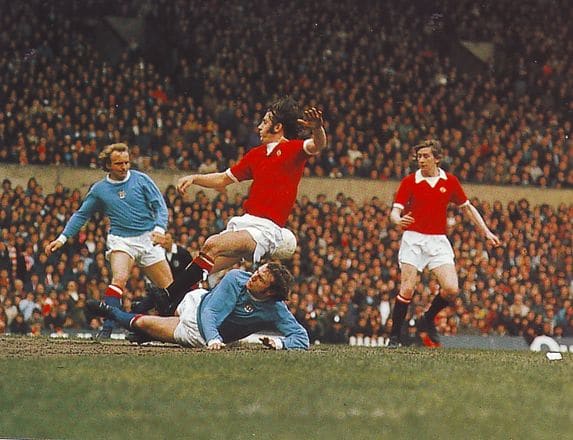
The prosperous decades of the 1960s and 1970s were followed by a protracted period of decline. In 1979, Malcolm Allison came back to the club and was named manager for the second time. During his tenure, the club lost a significant amount of money on various recruits that were unsuccessful, including Steve Daley. After thereafter, a series of managers took over, with seven of them serving during the 1980s alone. In 1981, City played under John Bond and advanced to the final of the FA Cup, where they were defeated by Tottenham Hotspur in a replay.
In the 1980s, the club was demoted from the top level twice—in 1983 and 1987—but it was promoted back to the top flight in 1989 and finished fifth in both 1991 and 1992 while Peter Reid was the manager. In 1993, the club was relegated from the top flight for the final time. However, this was only a momentary reprieve, and after Reid left the club, Manchester City’s fortunes proceeded to deteriorate in the following seasons. After placing ninth in the Premier League’s inaugural season in 1992, City endured three seasons of struggle until being relegated in 1996.
City was one of the co-founders of the Premier League when it was established. City was the second ever European trophy winner to be demoted to their country’s third league tier, joining 1. FC Magdeburg of Germany as the only other team to accomplish this feat. After spending two seasons in Division One, City dropped to the lowest point in their history. After being demoted, the club went through significant changes off the field, including the appointment of new chairman David Bernstein, who instituted stricter financial controls. The City team, led by manager Joe Royle, was successful in gaining promotion on their very first try, and they did it in exciting manner by defeating Gillingham in a play-off. A second consecutive promotion sent City back to the top flight, but it turned out that this was one step too far for the club that was recuperating, and in 2001, City was once again demoted to a lower level of competition.
Kevin Keegan succeeded Royle as manager during the offseason and led the club to an immediate promotion to the Premier League by guiding them to the title of Division One champions in the 2001–2002 season. In the process, they established new marks for the most points and goals scored in a single campaign in the club’s history. The 2002–2003 season was the last season played at Maine Road, and it included a derby triumph against rivals Manchester United by a score of 3–1. This result brought an end to a record of 13 years in which the club had not won a derby. Additionally, for the first time in twenty-five years, City has qualified for participation in Europe. The club relocated during the offseason of the 2003–2004 season to the brand-new City of Manchester Stadium. The stadium was used for its first four seasons, all of which resulted in finishes in the middle of the table.
When he was appointed as the club’s manager in 2007, Sven-Goran Eriksson, who had previously managed England, became the first manager to come from outside of the country. The season got off to a strong start, but the team’s play dipped significantly in the second half, leading to Eriksson’s dismissal in June of 2008. Mark Hughes was brought in as Eriksson’s replacement two days later, on June 4, 2008.
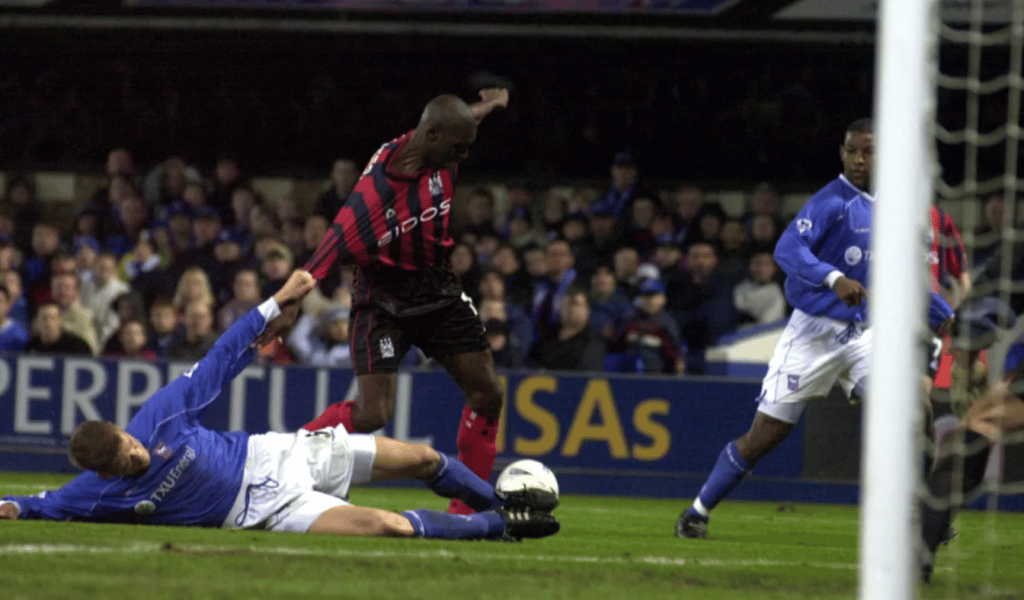
As of the year 2008, the club was in an extremely perilous financial state. The previous year, Thaksin Shinawatra had seized possession of the club, but because to the political difficulties he was experiencing, his assets were frozen. Then, in August of 2008, the Abu Dhabi United Group purchased the club and took over ownership. The takeover was soon followed by a flurry of bids for high-profile players.
The club shattered the British transfer record when it signed Brazilian international Robinho from Real Madrid for the price of £32.5 million. Despite the infusion of money, the team’s performance did not significantly improve from the previous season, and they ended up in tenth place in the standings. However, they did well enough in the UEFA Cup to advance to the quarterfinals of the competition. In the summer of 2009, the club spent over one hundred million pounds on players like as Gareth Barry, Roque Santa Cruz, Kolo Touré, Emmanuel Adebayor, Carlos Tevez, and Joleon Lescott.
This was a level of spending that had never been seen before by the organization. Roberto Mancini took over as manager of the team in December 2009, succeeding Mark Hughes, who had been hired soon before the change in ownership but had been initially retained by the new board. The club finished the season in fifth place in the Premier League, just missing out on a spot in the Champions League. Instead, City competed in the UEFA Europa League in the next season, 2010–11.
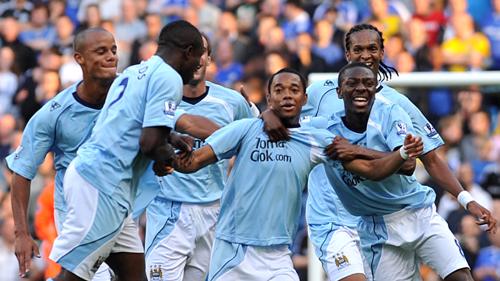
The subsequent seasons saw continued investment in players, which was followed by results that began to correspond to the improvement in player quality. After defeating their local rivals Manchester United in the semi-final of the FA Cup in 2011, City advanced to the competition’s championship game for the first time in over 30 years. This victory was the first time that City had eliminated its opponent from a cup competition since 1975. They secured their fifth FA Cup with a win in the final against Stoke City by a score of 1-0, making it the club’s first major trophy since winning the League Cup in 1976. In the same week, the team beat Tottenham Hotspur by the score of 1-0 in the Premier League, which led to the club’s qualification for the UEFA Champions League for the first time since 1968.
On the final day of the 2010–11 Premier League season, City defeated Arsenal for third place in the league, ensuring their spot directly in the group stage of the Champions League. The team started the following season in commanding form, notably beating Tottenham 5–1 at White Hart Lane and humiliating Manchester United by a scoreline of 6–1 in United’s home stadium. Strong performances continued to follow in the 2011–12 season as well. Although the team’s strong form began to wane around the middle of the season, and City at one point fell eight points behind their arch rivals with only six games left to play, a slump by United allowed the blue side of Manchester to draw back level with two games to go, setting up a thrilling finale to the season with both teams going into the final day of the season equal on points. Despite the fact that City only needed a home win against a team that was in the relegation zone, they fell behind by a goal by the end of normal time.
This led some of United’s players to finish their game celebrating in the belief that they had won the league. Despite the fact that City only needed a home win against a team that was in the relegation zone. The triumph was City’s first in 44 years and they are only the fifth team to win the Premier League since its inception in 1992. The title was won almost literally in the last minute thanks to two goals scored in injury time, one of which was scored over five minutes after regular time had ended. In the aftermath that followed, the occurrence was described as the most significant moment in the history of the Premier League by media sources from the United Kingdom and from around the world. The game was particularly memorable for the sending off of former player Joey Barton, who received a 12-match ban as a result of his actions in which he committed three distinct incidents that could have resulted in red cards on three players within the space of only a handful of seconds.
The next season, City was unable to fully capitalize on the progress that had been made during Mancini’s first two full seasons in charge of the club. Throughout the course of the season, City did not present much of a threat to the other teams in the race for the title because they rarely appeared likely to fall below second place in the table. The team was knocked out of the Champions League at the group stage for the second season in a row, and they lost the FA Cup final for the second time in three years to Wigan Athletic, this time by a score of 1-0. Wigan Athletic was later relegated.
Two days later, Mancini was fired, ostensibly because he had failed to reach his targets for the season, but BBC Sports Editor David Bond reported that he was fired for his poor communication and relationships with players and executives. Mancini was let go because he had failed to reach his targets for the season. Manuel Pellegrini, a Chilean, was nominated to take his place as prime minister.
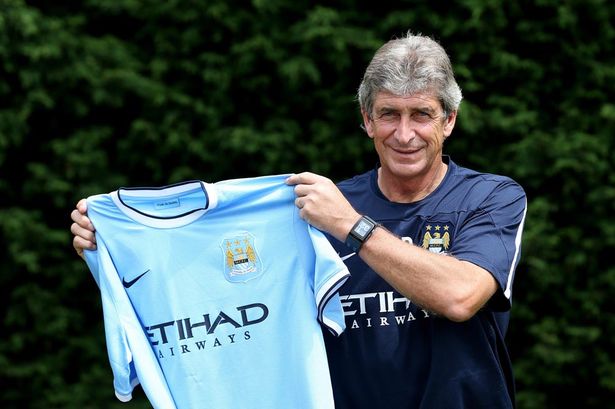
In Manuel Pellegrini’s first season at Manchester City, the club won the League Cup and reclaimed the Premier League championship on the final day of the regular season. Despite this, City’s league form declined over the next couple of years, and by the end of 2016, they had finished in their worst position since 2010. Pellegrini’s reign was terminated despite the team achieving its best-ever finish in the Champions League and winning an additional League Cup during his tenure. Pep Guardiola, a former manager of Barcelona and Bayern Munich, is the current manager of the team. Guardiola took over after Manuel Pellegrini was fired in 2016, and he has been in charge since then. Under Pep Guardiola’s leadership, Manchester City shattered a multitude of club and English league records en route to capturing the 2017–18 Premier League championship with the biggest points total in the history of the Premier League. In the same year, they were also victorious in the EFL Cup, and Sergio Agüero established himself as the club’s all-time leading striker.
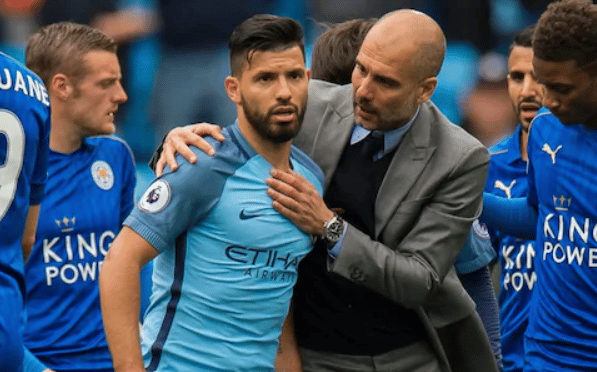
The following season, 2018–19, Guardiola led Manchester City to back-to-back championships in the Premier League and the English Football League Cup. This became the first time in the history of Manchester City that the club successfully defended any of its titles. After that, the club went on to win the FA Cup, making them the first side in English history to capture an extraordinary treble of men’s English domestic titles. The club appealed to the Court of Arbitration for Sport, which overturned the ban within months, finding that some allegations were older than the five-year limit for such UEFA investigations, while other allegations were unproven. In 2020, UEFA banned the club from participating in European competition for a period of two seasons because of alleged violations of the UEFA Financial Fair Play Regulations. However, the club was successful in its appeal to the Court of Arbitration for Sport. However, the Court of Arbitration for Sport imposed a fine of 10 million euros on the club because it obstructed the inquiry by failing to provide large volumes of material to UEFA.
Colors and Badge
Sky blue and white are the colors used for Manchester City’s home uniforms. Historically, the colors of the away kit have been either maroon or (beginning in the 1960s) red and black; however, in more recent years, a variety of colors has been employed. There is a lack of clarity on the background of the club’s home colors; however, there is evidence that the team has worn blue since at least 1892. According to a booklet titled Famous Football Clubs – Manchester City that was published in the 1940s, West Gorton (St. Marks) originally played in scarlet and black. Furthermore, reports that date back to 1884 describe the team wearing black jerseys bearing a white cross, which demonstrates the club’s roots as a church side. Malcolm Allison, a former assistant manager at Manchester City, is credited with coming up with the idea to use red and black as the away colors. He was of the opinion that using the colors of A.C. Milan would motivate City to achieve greater success. Allison’s theory was proven correct when City won the 1969 FA Cup Final, the 1970 League Cup Final, and the 1970 European Cup Winners’ Cup Final while wearing a kit with red and black stripes rather than the club’s traditional sky blue home kit.
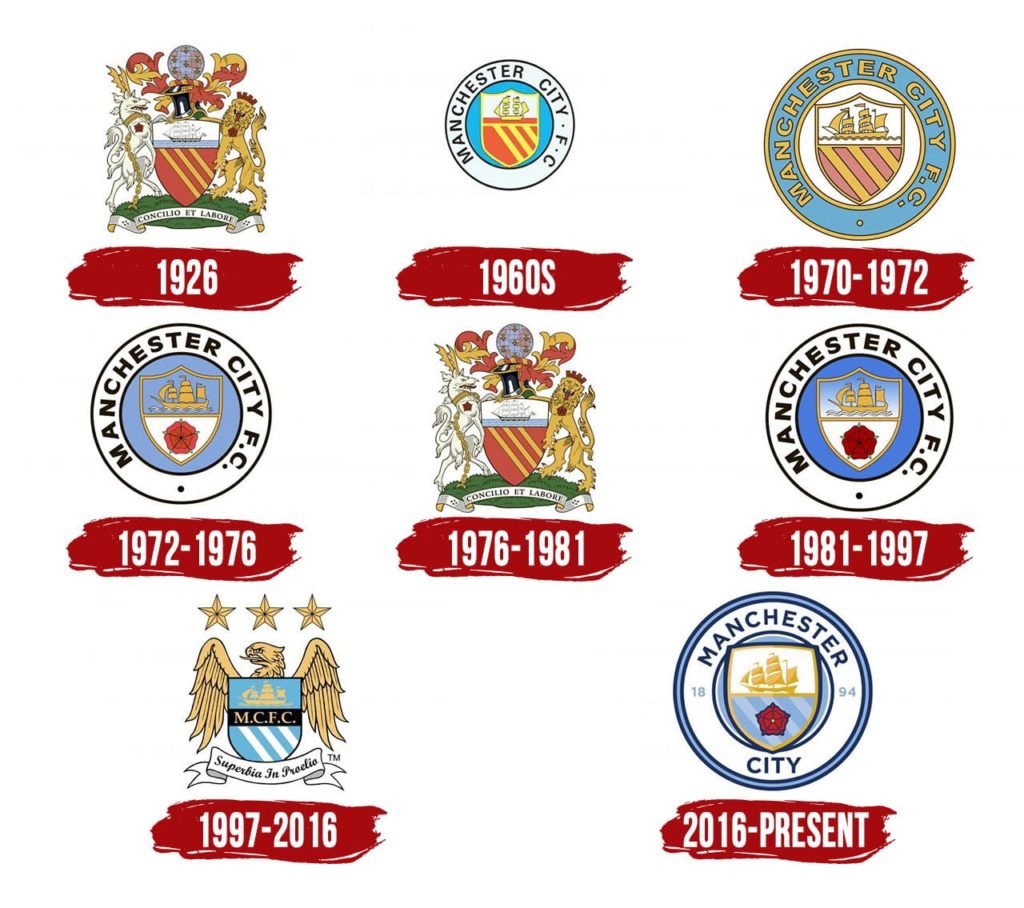
Before the current badge was introduced in 2016, City used to wear one of three different emblems on their shirts. The current badge was introduced in 2016. The first one, which was released in 1970, was modeled after designs that had been utilized on official club papers beginning in the middle of the 1960s. It was a circular emblem with the same shield that is used in the current design, surrounded by a circle that bore the name of the club, and it was circular. In 1972, this was changed to a variant that featured the red rose of Lancashire instead of the lower part of the shield. This change took place in the crest. Whenever Manchester City participated in a major cup final, the club wore shirts that bore a badge of the arms of the City of Manchester. This served as a representation of the club’s pride in representing the city at a major event and was worn on the occasions when Manchester City played in a major cup final. The genesis of this practice can be traced back to a period of time when it was not common practice for players’ shirts to display any form of emblem. The club has since done away with the practice; however, for the FA Cup Final in 2011, the club’s first in the 21st century, City used the usual badge with a special legend, but the Manchester coat of arms was included as a small monochrome logo in the numbers on the back of players’ shirts. This was the club’s first appearance in the FA Cup Final since the practice was discontinued.
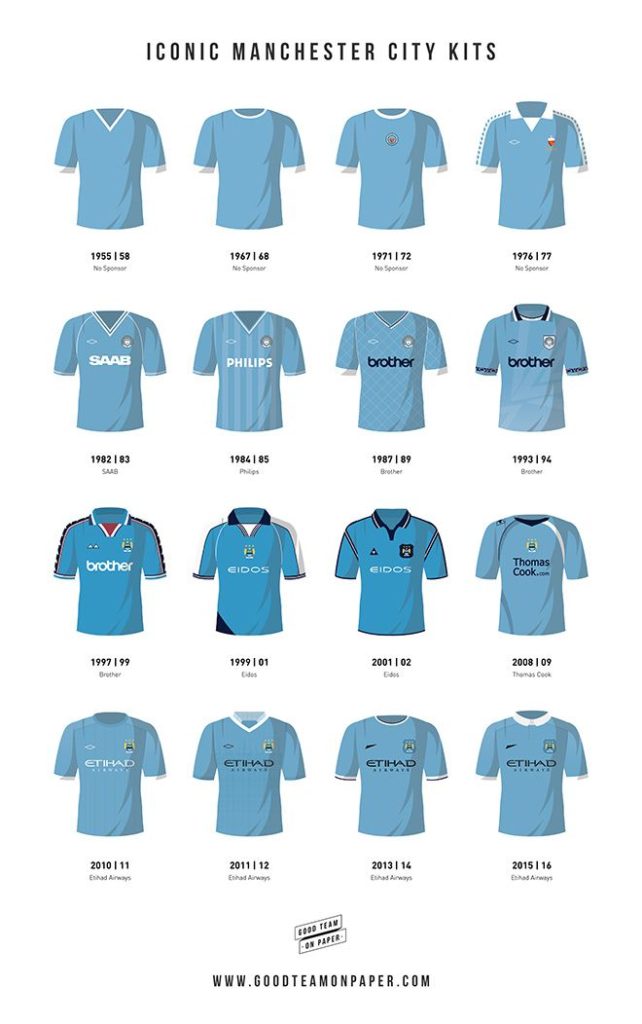
Because the former club badge did not meet the requirements to be registered as a trademark, the membership voted in 1997 to replace it with a new one. The arms of the city of Manchester served as the inspiration for this insignia, which depicted a shield with a golden eagle perched on top of it. The eagle is an ancient heraldic sign of the city of Manchester; in 1958, a golden eagle was placed to the city’s badge to commemorate the burgeoning aviation sector, but it has since been removed. The eagle is a symbol of Manchester. The Manchester Ship Canal is represented by a ship on the upper half of the shield, while the city’s three rivers, the Irwell, the Irk, and the Medlock are represented by three diagonal stripes on the lower half of the shield. The phrase “Pride in Battle” is written in Latin at the bottom of the badge. “Superbia in Proelio” translates to English as “Pride in Battle.” The three stars that may be seen above the shield and eagle are solely decorative in nature. Following years of criticism from the fans over the design of the 1997 badge, the club announced on October 15, 2015 that they intended to carry out a fan consultation on whether or not to disregard the club badge and institute a new design. This announcement came after years of criticism from the fans over the design of the 1997 badge. In late November of 2015, following the consultation, the club made the announcement that the present version of the club badge would be replaced in due course with a new one that would be designed in the style of the older, circular forms. During the process of trademarking the design on December 22, 2015, the Intellectual Property Office (IPO) inadvertently made public a drawing that purported to represent the new emblem, two days before the official reveal was scheduled to take place on December 26, 2015. The new look was shown off to the public for the first time at the club’s home game on the 26th of December, which was against Sunderland.
Ownership
Manchester City Limited is a privately held limited company that serves as the holding company for Manchester City Football Club. The firm has roughly 54 million shares available for purchase. Since 2007, when the club’s primary shareholders reached an agreement to sell their assets to UK Sports Investments Limited (UKSIL), the club has been owned privately. UKSIL is a business that is managed by Thaksin Shinawatra, who was formerly the Prime Minister of Thailand. After then, UKSIL made a formal bid to buy the shares that were held by a number of smaller shareholders totaling several thousand. Prior to the Thaksin takeover, the club was listed on the independent specialty equity exchange PLUS (previously OFEX), where it had been listed since 1995. This was the case even though OFEX was no longer in existence. Following his acquisition of 75% of the club’s shares on July 6, 2007, Thaksin re-registered it as a private corporation and had it de-listed from the stock exchange. By the month of August, UKSIL had already obtained more than 90 percent of the shares, and it used the rights granted to it by the Companies Act to “squeeze out” the remaining shareholders and purchase the whole shareholding. Thaksin Shinawatra was appointed chairman of the club, and two of his children, Pintongta Chinnawat and Oak Chinnawat, were also appointed directors of the club. Following the appointment of Nike executive Garry Cook as executive chairman in May, former chairman John Wardle continued to serve on the board for another year before submitting his resignation in July 2008.
The club reported a deficit of £11 million before taxes for the fiscal year that ended on May 31, 2007, the last year for which its finances were made public as a publicly traded corporation. After Thaksin’s takeover, the club went on a spending spree in the transfer market, shelling out approximately thirty million pounds. This was a significant change from the previous several seasons, during which the club’s net spending had been among the lowest in the division. After one year, this investment was rendered insignificant in comparison to other, larger quantities. On September 1, 2008, Abu Dhabi United Group Investment and Development Limited successfully completed their takeover of Manchester City. The company is based in Abu Dhabi. On the morning of September 1st, it was announced that a deal had been reached that was reportedly for £200 million. It inspired numerous transfer “deadline-day” rumors and bids, such as the club’s attempt to gazump Manchester United’s protracted bid to purchase Dimitar Berbatov from Tottenham Hotspur for a cost that was greater than £30 million. This was one of the rumors that emerged as a result of the event. Robinho was brought in from Real Madrid in the final few minutes before the transfer window shut, and the club paid a British record transfer fee of £32.5 million to do it. Because of the wealth of the new owners, the club was able to spend more money than any other Premier League club in the summer of 2009 on the acquisition of several experienced international players in advance of the new season. This allowed the club to spend more money than any other club in the league.
City Football Group
The City Football Group (CFG) is an umbrella corporation that owns stakes in a network of global clubs for the purposes of resource sharing, academy networking, and marketing. It was established in the 2013–14 season to manage the global footballing interests of Abu Dhabi United Group. CFG is comprised of a number of different clubs around the world.
